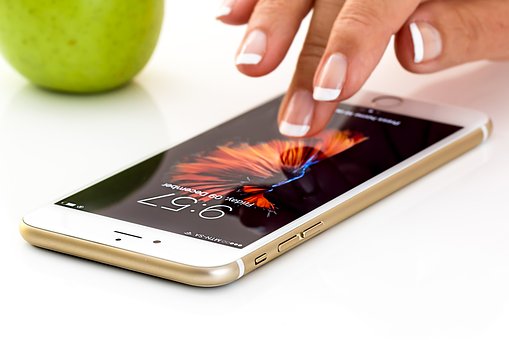
Dissociative drugs are “a class of hallucinogen that are known for altering perceptions of sight, sound, and connections with one’s surroundings. When taken, they generate feelings of separation, or dissociation, from the environment and self.” As a result, this can have a huge impact on the individual who is addicted by causing him/her to feel as though he/she is out of his/her own body. The biggest reason for this is because these types of drugs numb the person so that he/she is no longer able to pick up on pain like he/she would normally – through his/her central nervous system. Instead, he/she might feel as though he/she is on top of the world where no harm will come to him/her.
In turn, that’s why such substances are called dissociative because not only does the addict begin to lose his/her sense of reality, but he/she begins to lose his/her sense of self as well. This can cause him/her to be unaware as to whether or not he/she has hurt himself/herself. Consequently, he/she may find himself/herself acting recklessly because of this, causing danger to himself/herself and others. The activities that he/she might choose to take part in can vary, but one, in particular, could be him/her driving under the influence. Some of the short term effects of dissociative drugs are listed as follows; numbness, disorientation, hallucinations, dizziness, and memory loss. However, there are many more based on the level – and/or dosage – at which the individual is taking the substance.
This is where long term effects come in causing a plethora of problems by affecting the future of those who have abused dissociative drugs. Some of these include but are not limited to “depression, anxiety, and suicidal thoughts.” These can happen over a prolonged amount of time if the individual continues to abuse the substance. In conclusion, if the person gets the help that he/she needs early on he/she has the opportunity – and/or more of a likelihood – of avoiding mental health disorders. Then – and only then – can the individual get the help that he/she needs so that he/she might be able to live an addiction-free life. But if he/she chooses to continue on his/her current path it can pose as dangerous, and may even result in death.

